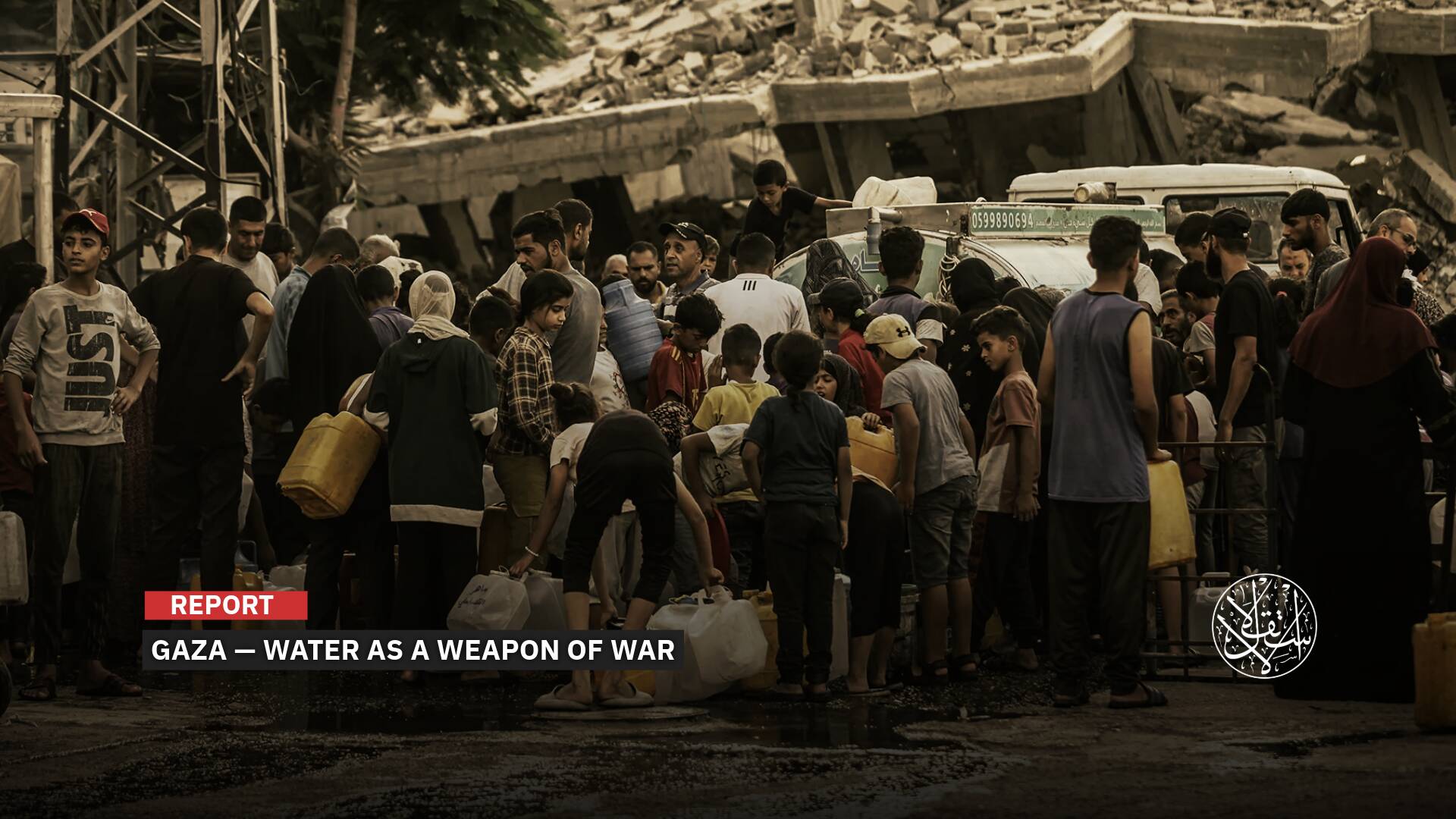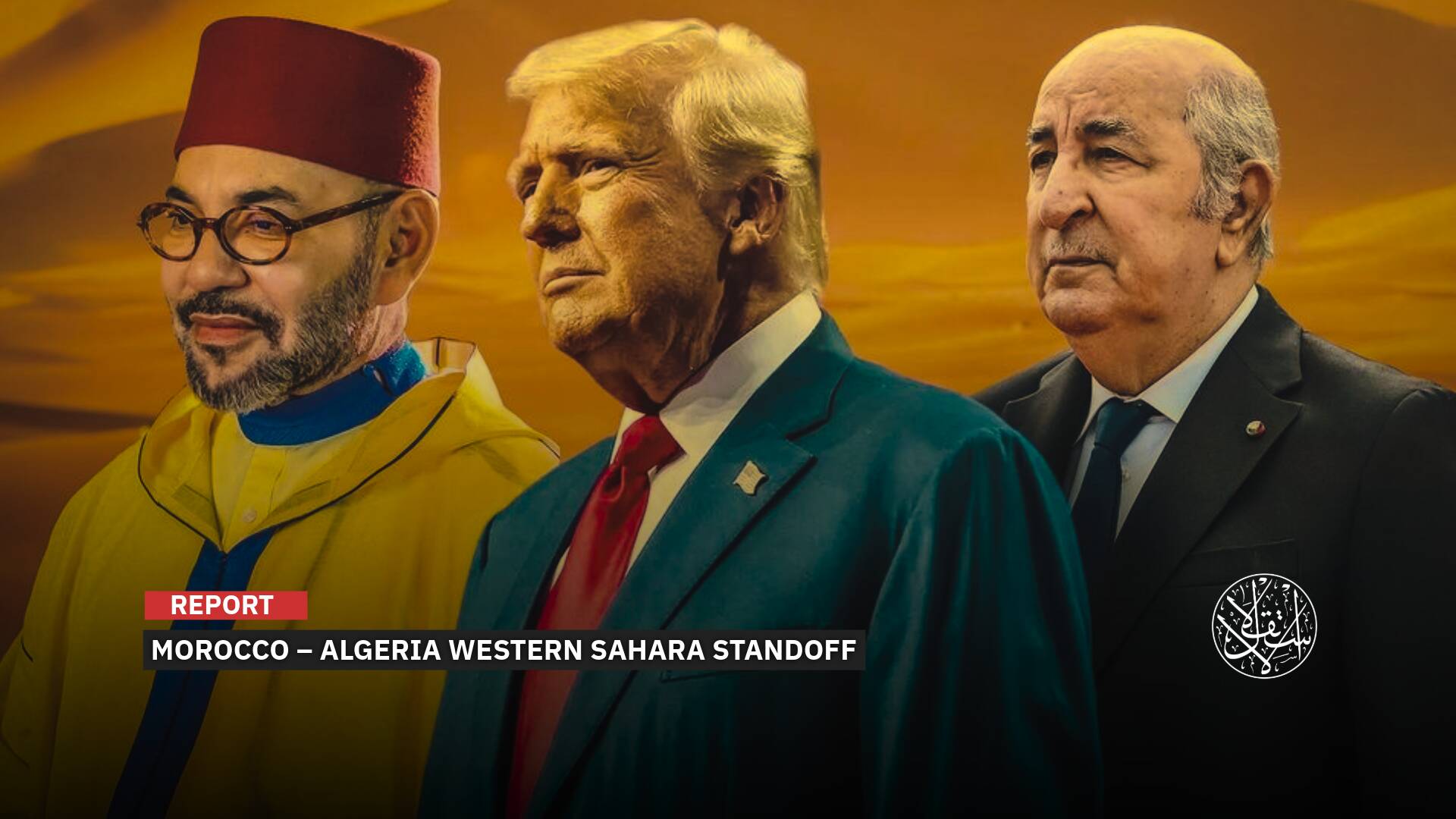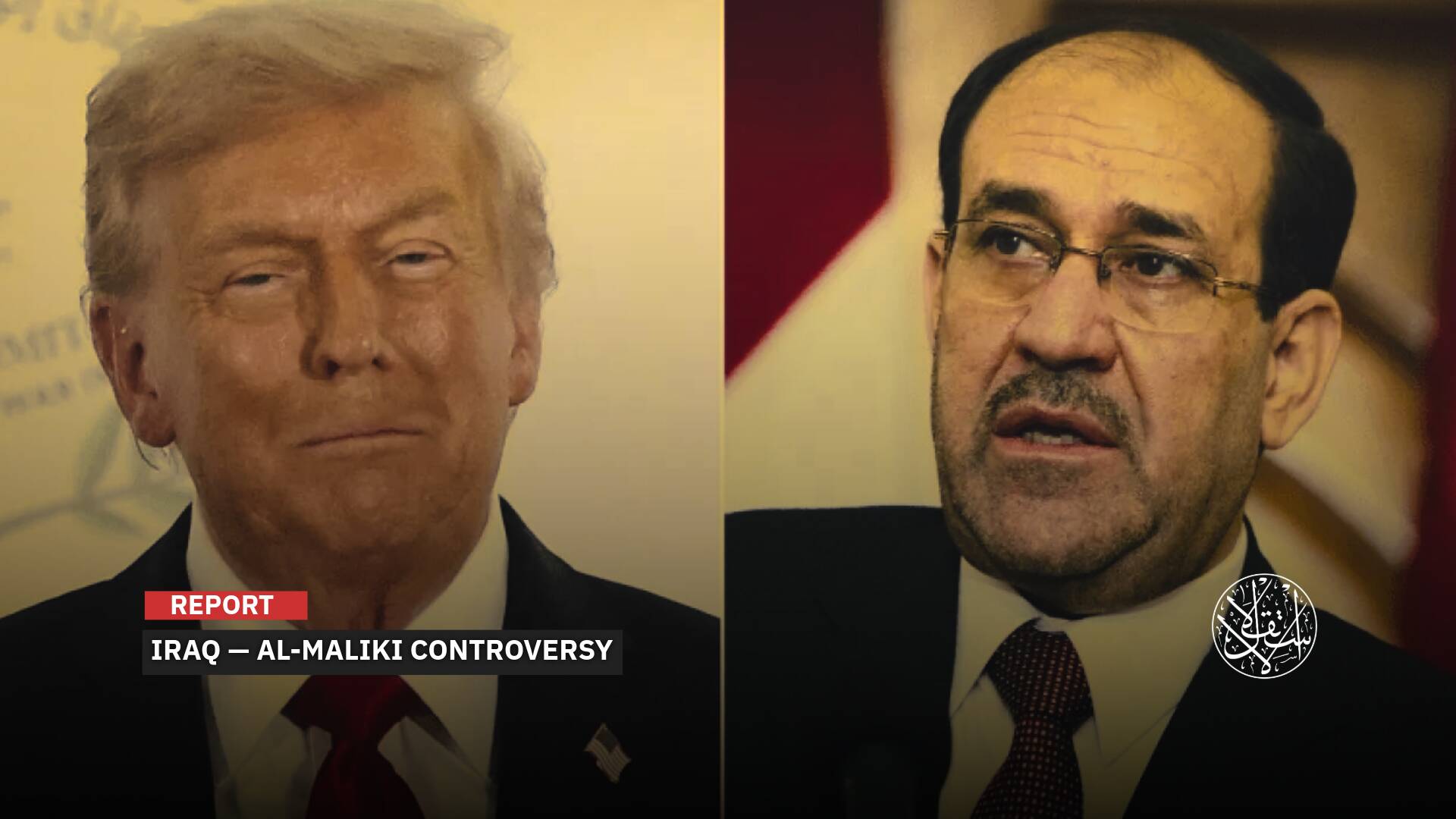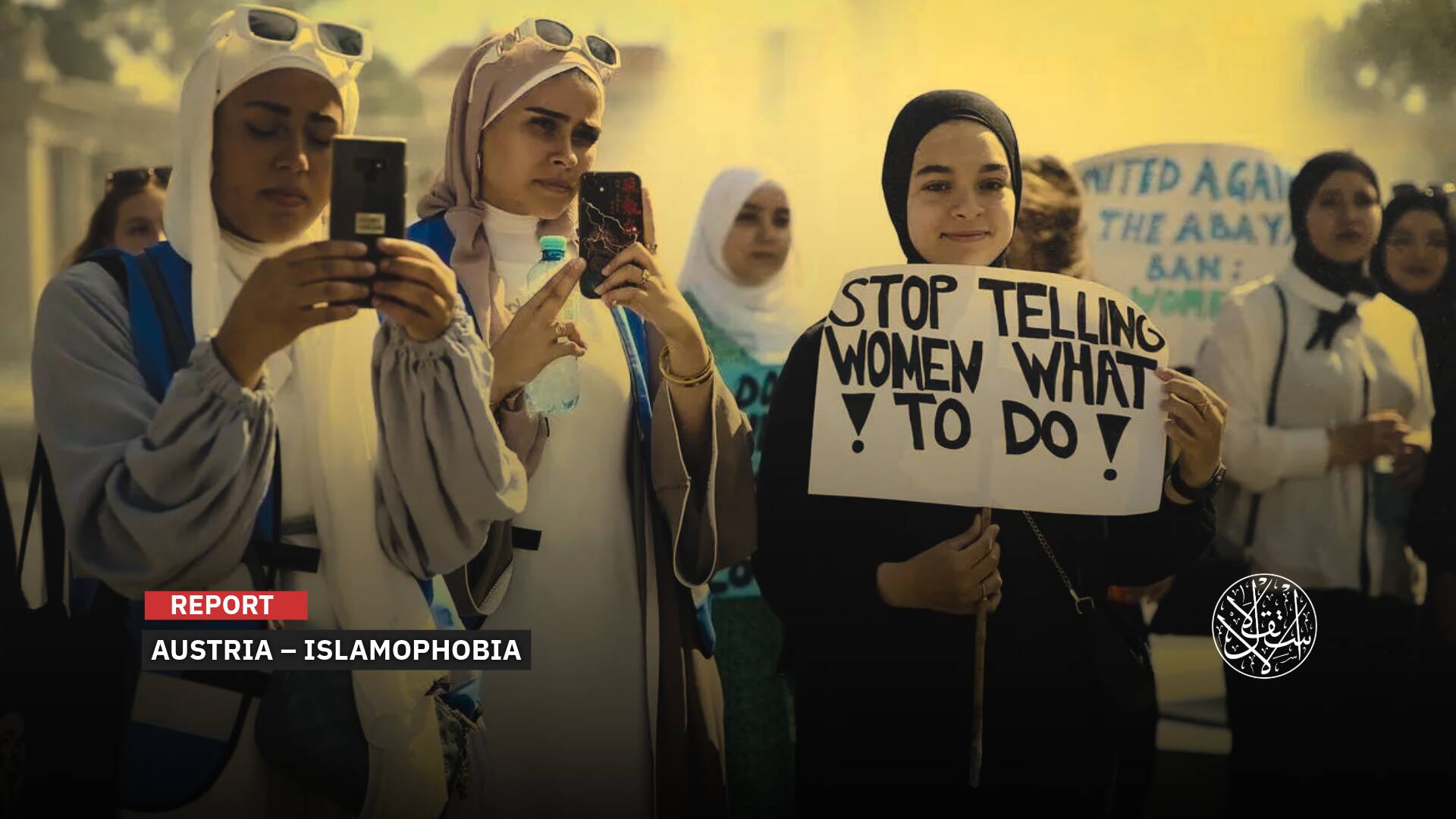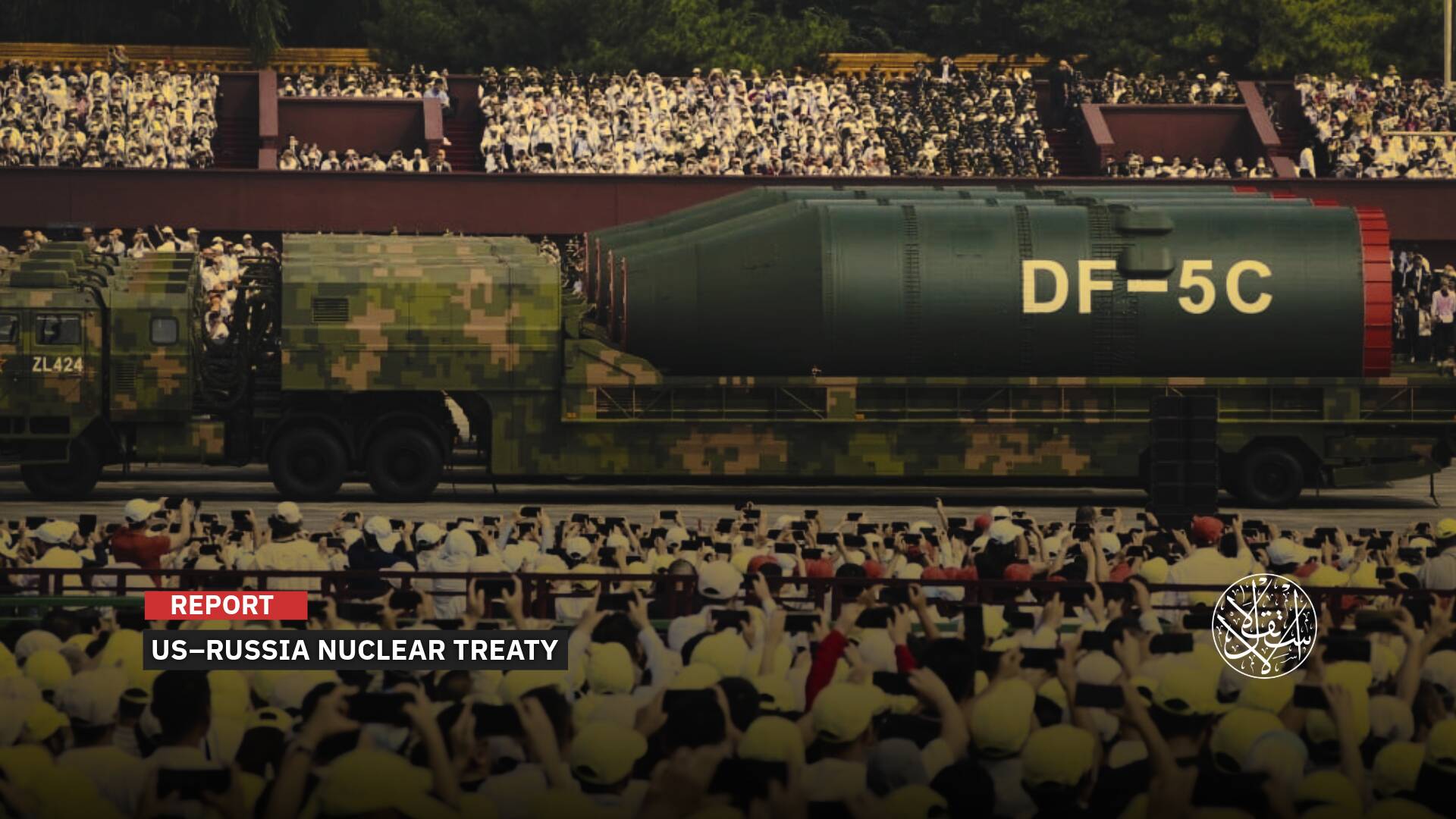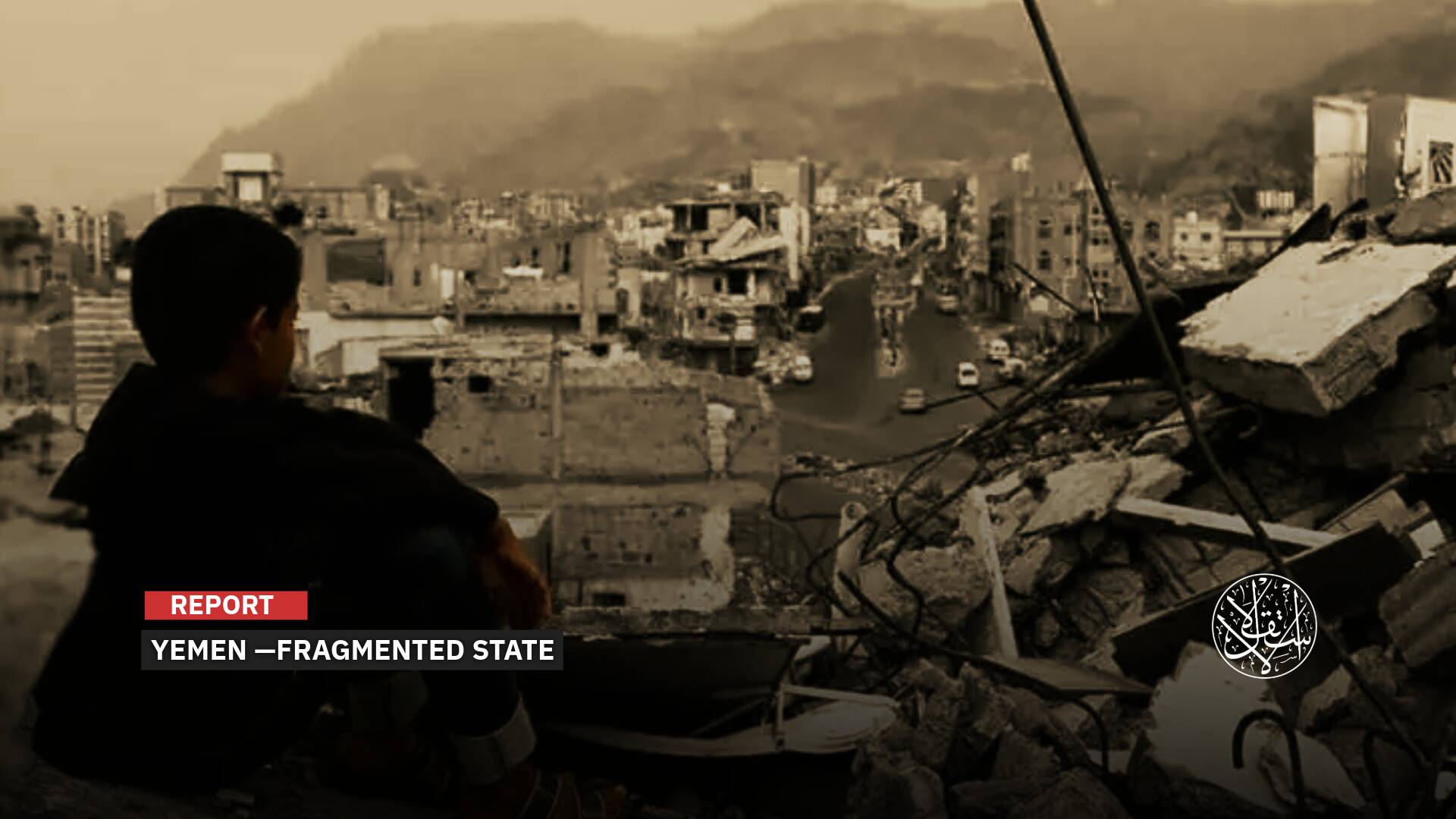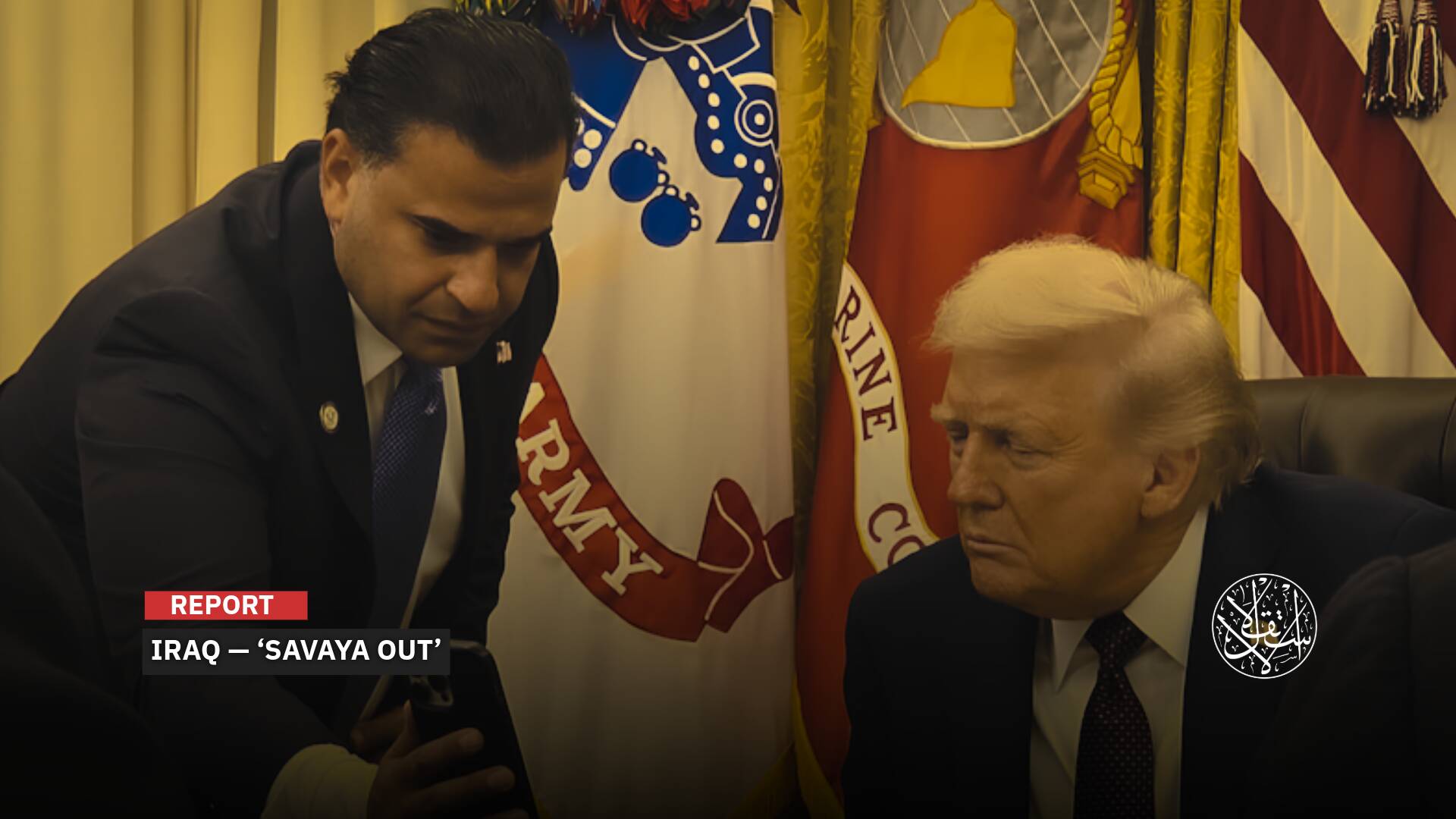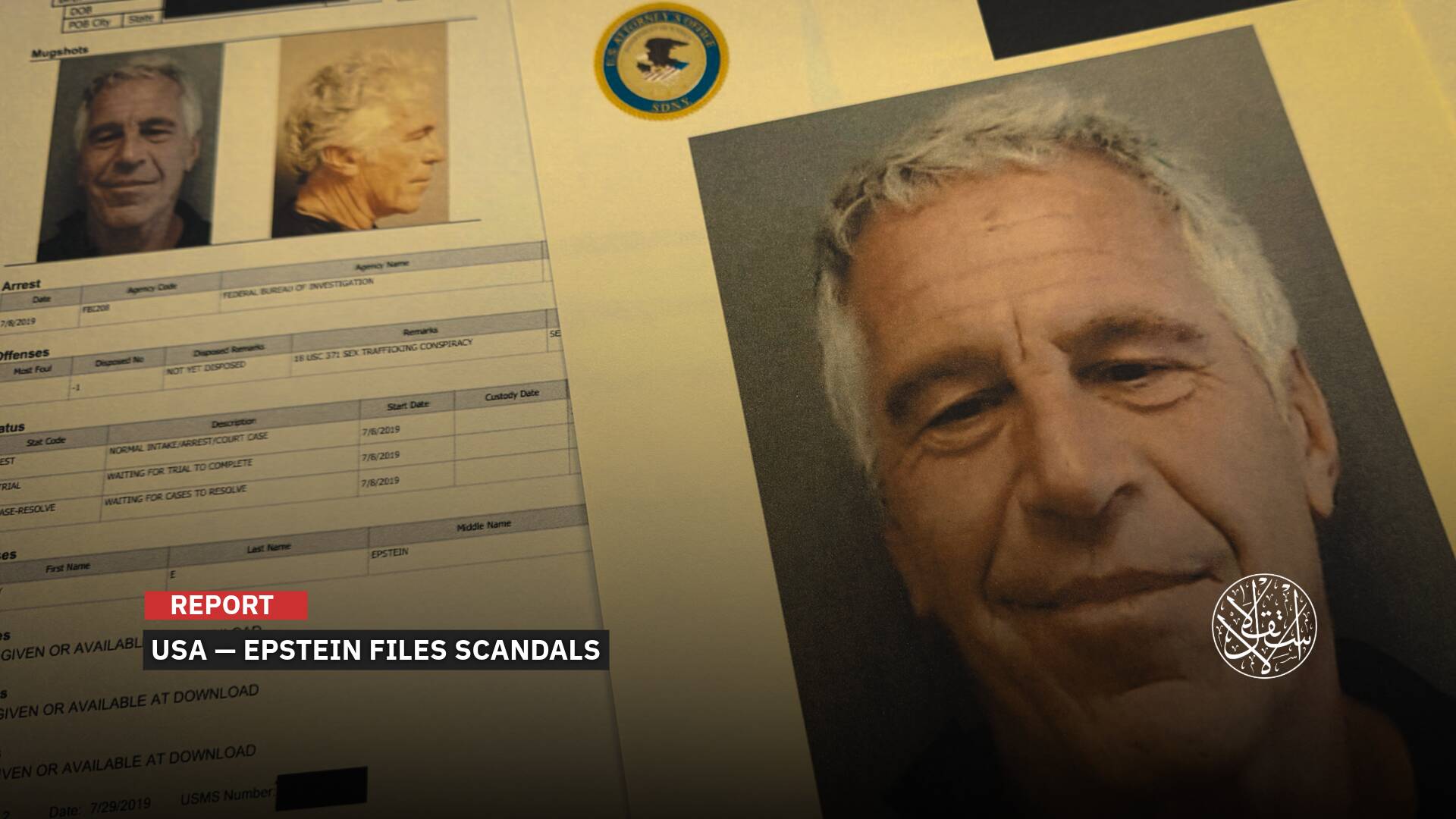‘Israel’s’ Expanding War: A Catalyst for Turkiye-Iran Cooperation

The escalating threat of war in the region has strengthened cooperation between Turkiye and Iran.
The rising tensions in the Middle East are fostering enhanced cooperation and coordination between Turkiye and Iran, both of which agree on the need to prevent the expansion of Israeli aggression.
Recent developments in Turkish-Iranian relations reflect the changing regional landscape, influencing the positions of both neighboring countries.
However, while Turkiye and Iran stand united against Israeli occupation of regional countries and its escalating aggression, they have not overlooked their competition, particularly regarding their presence in Syria, which many reports suggest could be Israeli next target after Gaza and Lebanon.
Recent remarks have sparked media and political controversy between Iran and Turkiye, although leaders from both nations managed to resolve any potential disputes.
‘Provoking Iran’
“We are in a position that compels us to provoke Iran,” the director-general of Turkiye’s TRT network, Mehmet Zahid Sobaci, stated.
Such comments drew strong reactions, prompting him to later clarify that the phrase was taken “out of context.”
Sobaci emphasized that TRT's media approach, including its channels directed at countries in the region like Iran, contributes to strengthening relations.
Simultaneously, these remarks sparked widespread debate in Tehran, with Iranian media covering the issue in detail.
Turkiye’s Director of Communications Fahrettin Altun expressed his regret regarding the comments made by the network's director against Iran during a phone call with Iranian Minister of Culture and Islamic Guidance Mohammad Mahdi Esmaeili.
During the call, Altun reaffirmed that “the fundamental approach of the Turkish state is to strengthen friendship with the Iranian state and people and to enhance relations in all areas.” He also emphasized, “These statements do not reflect the positions of Turkish President Recep Tayyip Erdogan or the Turkish government.”
On the other hand, Altun highlighted Turkiye's significant interest in fostering strong cultural and political relations with Iran, expressing hope for the implementation of joint projects under the declaration of 2025 as the year of Turkiye-Iranian culture.
On October 19, 2024, Iran Foreign Minister Abbas Araghchi visited Turkiye as part of a regional tour, where he met with his Turkish counterpart, Hakan Fidan. During this meeting, the joint press conference featured noteworthy statements.

“We have no boundaries when it comes to expanding our ties with Turkiye, and we are determined to continue strengthening them,” said Araghchi during a press conference with Fidan in Istanbul.
He further noted that the region is facing the potential for a large-scale war, and no one wants this war except “Israel.”
“The spread of the war in the region is a serious threat; we are in favor of peace, but we are also prepared for any scenario.”
Araghchi acknowledged that Turkiye's support for the Palestinian people and its stance against Israeli crimes deserves recognition.
During the same press conference, the Iranian foreign minister asserted that Iran and Turkiye, as countries with rich cultural heritage, will work to enhance the bonds of friendship and brotherhood.
He also said he discussed cooperation with his Turkish counterpart, Hakan Fidan, on trade, energy, counter-terrorism, joint investments, and the peaceful use of nuclear energy.
On the other hand, Fidan highlighted the shared threats faced by both countries, stating, “Today, the PKK and its extensions such as PJAK are the common enemy of both countries.”
“There’s a shared understanding between Turkiye and Iran on this issue, and we need to turn that shared perspective into a joint effort.”
Arguing that the two countries must fight against terrorism together in line with the spirit of neighborliness and brotherhood, he said, “We will continue to address this issue at all levels.”
Regarding current developments in the region, Fidan stated that “Israel” is trying to drag Iran into this war and threatens to strike Iranian oil and nuclear facilities; the Israeli aggressive approach is pushing Iran to take legitimate defensive steps.
Syria in Focus
On October 21, 2024, a new comment was posted on X from an account linked to Iran's Revolutionary Guards, affiliated with the Tasnim News Agency, further escalating tensions.
“Turkiye has been stabbed in the back; terrorists are planning to seize Aleppo, Syria’s second-largest city, pushing the country toward complete collapse,” the account stated.
“With a plan from Israel and the U.S. to reactivate terrorist groups in Syria, Turkiye aims to expand its influence and annex parts of the country.”
This follows a recent notable statement by Turkish President Recep Tayyip Erdogan, who expressed concerns over what he called an Israeli threat advancing toward Damascus, raising questions about the regional impact of such a scenario.
Erdogan warned that any Israeli control over the Syrian capital could lead to significant changes in the geopolitical landscape of the country.
He pointed out that this would not be limited to Damascus but could extend to northern Syria, posing a direct threat to Turkish security along its southern border.
The Turkish President stressed the need to activate a trilateral cooperation mechanism between Russia, Syria, and Iran, highlighting the importance of taking “more decisive” steps against what he described as “terrorist organizations” supported by the United States.
This refers to the Kurdish People's Protection Units (YPG), which are the primary force within the Syrian Democratic Forces (SDF).

Two Israeli tanks crossed the border into Syria on October 12, 2024, positioning themselves in the village of Kodna in the southern countryside of Quneitra, southwestern Syria.
Turkish media speculate that “Israel” aims to establish a buffer zone extending from the Golan Heights to include As Suwayda, Quneitra, and Daraa up to al-Tanf, an area hosting a U.S.-controlled American base.
Reports suggest “Israel” plans to create “an entity” similar to the region controlled by the PKK and the Syrian Democratic Forces.
On the same day, the comment was posted by the account linked to the Tasnim News Agency, and Iranian Foreign Ministry spokesperson Ismail Baqaei described the relations between Iran and Turkiye as “friendly, between two major Muslim countries in the region.”
In response to a question about the TRT director's statements, Baqaei said relations with Turkiye are good and strive to prevent certain issues from negatively impacting them. He added that the foreign minister had discussed the matter with Turkish officials to resolve any misunderstandings.
When asked whether the PKK issue was discussed in talks with Turkiye, Baqaei clarified that border security is always a key concern and that conversations on this topic have taken place.
Shared Interests
Iranian affairs expert Dr. Mohammad Koch believes that “Operation al-Aqsa Flood launched on October 7, 2023, and the subsequent Israeli genocidal crimes in Gaza have pushed the two countries to adopt a common stance on the Palestinian issue.”
In an interview with Al-Estiklal he said the foreign ministers of both Turkiye and Iran are engaged in intensive diplomatic efforts to stop Israel.
“Conversely, the escalating threat of war in the region has strengthened the impetus for joint cooperation to address this challenge.”
In this context, Ankara and Tehran have strengthened their political and diplomatic relations to tackle regional challenges, agreeing to expand cooperation in border security, counter-terrorism, drug trafficking, and human smuggling.
Regarding Turkish-Iranian relations, Koch noted, “Ankara and Tehran share common concerns across all these areas, and Israel's attempts to expand the war in the region have compelled them to enhance cooperation.”
If regional tensions escalate into direct conflict between “Israel” and Iran, Ankara's declaration that it will not side with “Tel Aviv” against Tehran will bolster the latter's position in the confrontation, according to the expert.

“Turkiye's potential lack of support for Israel in the event of a conflict with Iran represents a moral boost for Tehran.”
Foreign Minister Hakan Fidan's statement that Turkiye and Iran will always remain in the region also serves as a clear message to “Israel” and its allies.
Beyond this crisis, Koch clarified that “another area of cooperation between the two countries is the development of economic relations.”
“Given the economic crisis Tehran is facing, it has certain demands and expectations from Ankara for support,” he said.
Tehran seeks Ankara’s support in delivering essential goods to Iran or facilitating their transit.
“After the United States unilaterally withdrew from the nuclear agreement under former President Donald Trump in 2018 and imposed a maximum pressure policy that included strict economic sanctions against Iran, Tehran found itself in an extremely difficult economic position,” the expert added.
“Turkiye has declared that it will not recognize sanctions imposed on Iran outside of the UN framework and confirmed its continued trade relations with Tehran."
New tensions or negotiations between Tehran and Washington are expected after the U.S. presidential election in November 2024.
In the event of escalating tensions, Tehran's need for Ankara's support will increase once again. Conversely, if international pressures on Iran are lifted, new horizons for economic relations between the two countries will open, according to Kouch.
From his perspective, in either case, economic relations between Tehran and Ankara will remain significantly important.
On another front, the expert points out that regional competition between the two sides could shift into an area of cooperation to address growing regional risks, or it may compel both parties to make mutual concessions in key geopolitical regions, including the South Caucasus, Syria, and Iraq.
He believes that the policies pursued by the United States, “Israel,” and their allies in these areas pose a considerable threat to the interests of both Ankara and Tehran.
This situation could encourage both parties to actively enhance cooperation in these regions or open opportunities for one party to gain advantages.
Sources
- Iranian Foreign Minister Warns of Regional Instability Due to Israeli Aggression
- Türkiye warns risk of Israel's war spreading across region 'must never be underestimated'
- Iranian Foreign Minister Araghchi: 'We are in favor of peace, but we are also prepared for any scenario' [Turkish]
- Foreign Minister Fidan: The risk of war spreading to the entire region should never be underestimated [Turkish]


